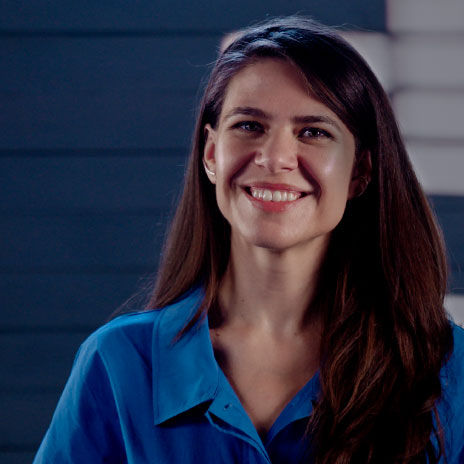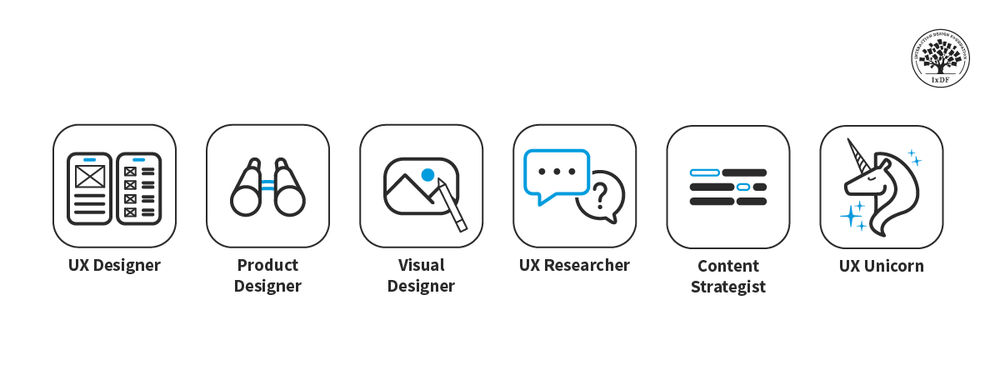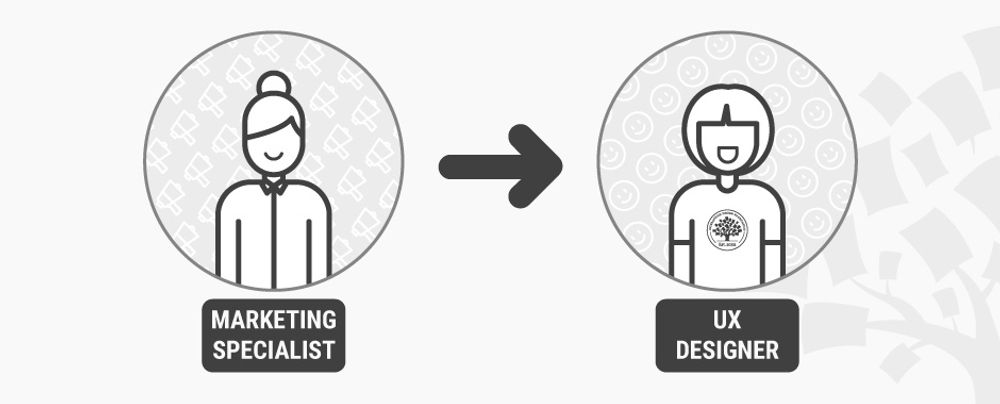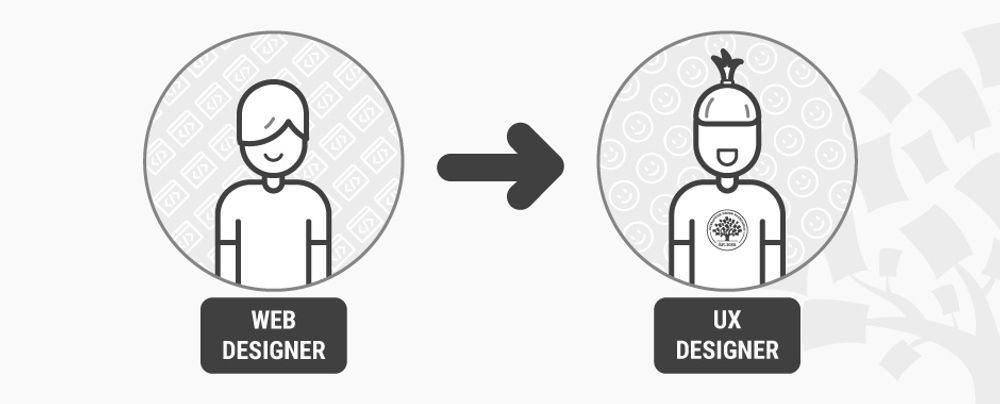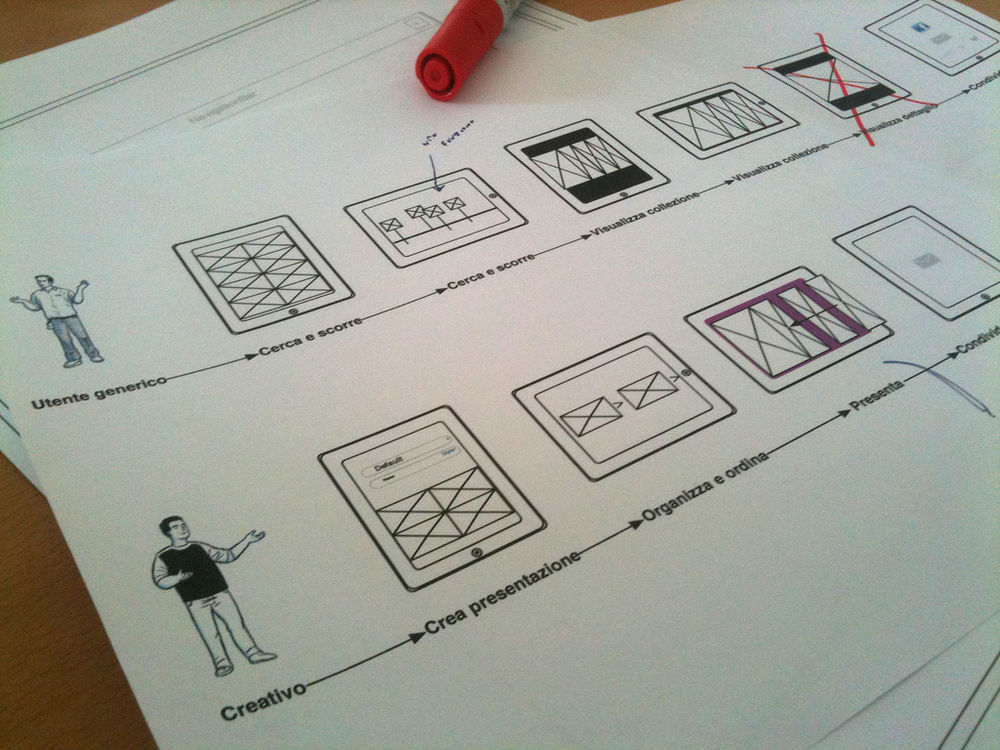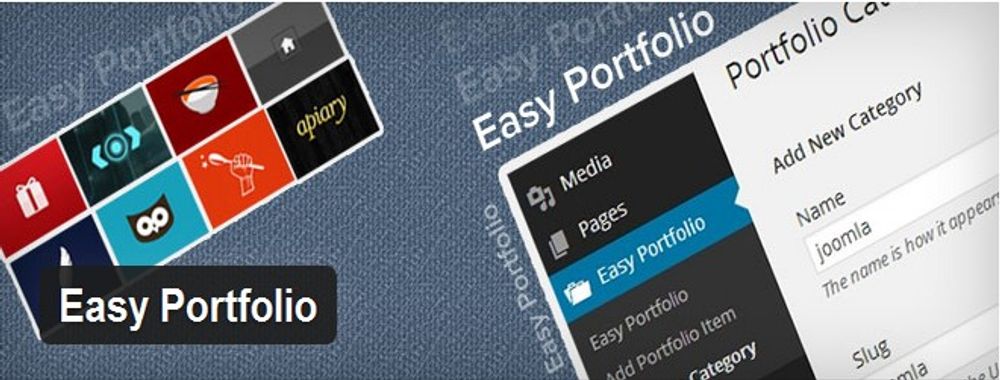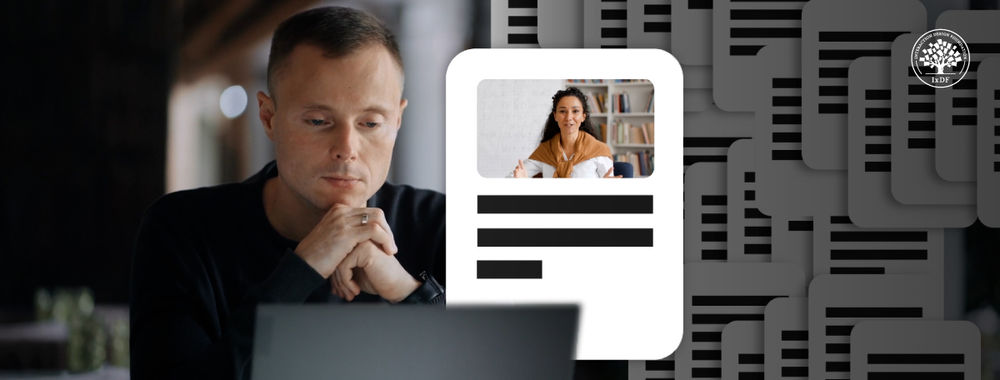Many would-be freelancers and entrepreneurs know exactly what they want to do; others aren’t really sure. Whichever position you are in, sitting down and working out your passions and interests before you begin a business is a good idea. A wealth of evidence shows that when we work in harmony with our passions and interests, we become happy in the things that we do—as the International Association of Wellness Professionals espouse in “Why Following Your Passion is Healthy For You”. Conversely, if we work against our passions and interests and don’t incorporate them, we become unhappy. That’s pretty much common sense, too, if you think about it.
Freelancer John Walker can program in several languages. He learned to program when he was very young because he was lucky enough to have a parent who could program and worked in IT. The house was full of computers all the time. What he learned during that experience was that he’s not the greatest programmer on earth and that while he can do it, it doesn’t inspire him. He knows he’d earn more as a developer; he also knows he wouldn’t be all that happy, and—worse—he doesn’t think he’d add full value to his clients’ projects. His personal values require him to work on projects where he can really deliver something special to his clients; programming would conflict with his values, passion and interests.
Identifying your interests is a rather less intensive process than understanding and defining your passions, which is why you should start understanding and defining your interests. The next step is to understand and define your passions.
Assignment: Understand and Define Your Interests
Understanding your interests is a simple but important process which is worth spending a little time on.
Step 1
You begin by asking:
What do I most enjoy about my work? What do I like least?
What do I enjoy most outside of work? What do I like least?
What do I think I might enjoy if I had the opportunity to do anything at all?
Step 2
Once you have your list, ask yourself another question: “Is this true?” Dig deep.
For example, the author is a digital nomad. When she first came up with her list, one of the things she said she most enjoyed outside of work is travel.
The trouble is, that’s not true. She loves being in new places. She loves exploring new ideas, cultures, sights, etc. What she doesn’t enjoy is travelling between those places. She doesn’t like airports and the way they degrade people by treating them as numbers, not people. She finds flights hot, sticky and uncomfortable, and there’s never enough room. She doesn’t like buses or taxis much, either. She doesn’t mind trains, but they’re often impractical for big journeys. The list goes on…
Her interest isn’t in travel. It’s in being and living somewhere. Now she knows that, she has a better structure for her life. She doesn’t travel constantly but rather turns up somewhere and stays for longer than a typical digital nomad would. She explores places in more detail and takes short (less painful) trips to see things others wouldn’t see on a short visit.
Now, we know many digital nomads who love the travel element as much as they do the being-somewhere-new one. They find flights, buses, etc. awesome for starting new conversations and for the sense of freedom whilst travelling. They’re not wrong to do so, either. We have—all of us—our own interests as individuals. Being honest about our interests lets us focus on what we really enjoy doing.
You may also find that some of the things you ruled out when asking “What do I like least?” aren’t things you hate, too. You may start to find that you enjoy the thing you nominated but other factors (such as management or stupidly long processes) interfere with that enjoyment.
Step 3
Once you have an accurate list of interests—prioritize them. Put them in a long list. Compare the item above the one at the bottom of the list with the bottom one. Which do you prefer? If you prefer the lower one, move it up the list—if you prefer the higher one, move up the list and compare it to the next item. Keep going until you have your priorities fixed and a Top Three firmly in place.
If your freelance or entrepreneurial work can accommodate those priorities to some extent (and ideally a big extent), you’ll find the work more motivating, interesting and rewarding.
 Author/Copyright holder: Ryan O'Shea. Copyright terms and licence: CC BY-NC-SA 2.0
Author/Copyright holder: Ryan O'Shea. Copyright terms and licence: CC BY-NC-SA 2.0
There’s nothing wrong with coding as a freelancer – unless you hate coding. Then it’s going to be a hard life without much joy.
Assignment: Understand and Define Your Passions
It’s time to dig deeper. Keep your interests in mind, but be open to working in new niches and practicing other skills than the ones you are doing now, or those you used to do or were educated to do and have experience in... just like John Walker.
Perhaps, you’re better at other skills already than the ones you perform in your day job or study at university. You’re probably already an expert in other skills without having realized it, simply because they’re so intertwined with your life and personality that you don’t really notice them. You are so passionate about them that it’s difficult for you to describe them in words. You tend to forget all about time—eating, drinking, and even sleeping—when you’re using these skills that are too close to recognise.
If you think you can’t monetize these skills you’re passionate about—think again. Chances are—and very great chances at that—you can.
Screw Finding Your Passion
Psychologist, digital nomad, blogger, and author Mark Manson encourages you to “Screw Finding Your Passion” if you want to succeed in building your new business as a freelancer or business owner. Mark Manson has a hugely popular blog and 325,000+ Facebook followers; he also teaches online courses.
“I have a friend who, for the last three years, has been trying to build an online business selling whatever. It hasn’t been working. And by not working, I mean he’s not even launching anything. Despite years of ‘work’ and saying he’s going to do this or that, nothing actually ever gets done.
What does get done is when one of his former co-workers comes to him with a design job to create a logo or design some promotional material for an event. Holy shit, he’s all over that like flies on fresh cow shit.
And he does a great job! He stays up to 4:00 AM losing himself working on it and loving every second of it.
But then two days later it’s back to, ‘Man, I just don’t know what I’m supposed to do.’
I meet so many people like him. He doesn’t need to find his passion. His passion already found him. He’s just ignoring it. He just refuses to believe it’s viable. He is just afraid of giving it an honest-to-god try.”
– Mark Manson
 Author/Copyright holder: Nick Ares. Copyright terms and licence: CC BY-SA 2.0
Author/Copyright holder: Nick Ares. Copyright terms and licence: CC BY-SA 2.0
It’s like a nerdy kid walking onto a playground and saying, “Well, bugs are really cool, but NFL players make more money, so I should force myself to play football every day,” and then coming home and complaining that he doesn’t like recess. And that’s bullshit. Everybody likes recess. The problem is that he’s arbitrarily choosing to limit himself based on some bullshitty ideas he got into his head about success and what he’s supposed to do.”– Mark Manson
Mark’s takeaway is, obviously, that you’ve most likely already found your passion. But, perhaps, you’ve not realised and recognised it. If you suspect that’s the case, here’s how you can find out:
Phase 1 – Describe, in as much detail as possible:
The last three times you found yourself in a flow statement, i.e.:
where you forgot to eat;
where you forgot to sleep or purposely decided to stay awake because you were on a roll;
where you forgot or decided not to go to the bathroom even though you felt the urge; and
where you forgot or decided not to take breaks.
The last three times that you've reached an incredible level of efficiency and simply got things done – fast, to perfection, and you were proud of the result.
Common rules between these tasks, practices, and skills you performed.

Author/Copyright holder: Eugene Kim. Copyright terms and licence: CC BY 2.0
Here are some words that might get you thinking about the times that you were flowing.
Phase 2 – Describe, in as much details as possible:
The last three times where you struggled to finish a work-related task, where you didn’t like the struggle you were undergoing to complete the task, and where you were not proud of the end result.
The last three times when you procrastinated the work task and when, finally, you began work on the task, you felt it was hard to concentrate, and your work was inefficient.
Common rules and features among these six work life events.
Phase 3 – From Passion to Work Skills—From Dream to Reality
Most likely, you’ll be able to do work which is based on your passion even if your passion is not strongly connected to your current skills, your work experience or your educational background. Why?—because when you are passionate about something, you will feel a strong urge to improve your existing skills, to keep on working late hours because you simply cannot help it; you simply cannot stay away from your work (most of the time) because you love it. It defines you—it’s a deeply integrated part of who you are and your whole identity.
Step 1: Which kind of work niche, tasks and skills meet your passion? At first, you may not think these possible to combine, but try going for a walk, swim or run, or sit down for an hour with paper and pen or do whatever works best for you to start thinking freely and being open to new ideas which may even seem crazy and unrealistic at first. But stay open, and keep hold of whatever thoughts come. Bear in mind that you’re in the middle of a creative process, and you should forbid yourself to say “no” to your reflections and thoughts about how to combine your passion and your future work as a freelancer or entrepreneur. So, without further ado, let your mind explore itself—it won’t get lost.
Step 2: Write down your ideas.
Step 3: Reflect: If you’re not completely certain that you have now felt, understood and defined your passions and, likewise, what you should avoid, you should continue with the two steps above based on your reflections and common rules in Phases 1 and 2.
Step 4: How you can monetize your passion: It’s time to start finding out how you can monetize your passion. If you already spend hours and hours writing in your free time simply because you cannot resist it, and you love writing to perfection and would love to help clients doing copywriting and copyediting, it’s pretty straightforward to choose your niche. It you’re obsessed with user experience and love giving users an easy, intuitive and motivating experience, it’s also pretty easy for you to determine that you could focus on helping businesses improve their user experience as a freelance consultant, doing user tests on existing websites, or, or, or....If you’re still not certain how you can monetize your passion, try Googling it. Most likely, others like you out there, with the same passions, already have businesses based on these passions.
Step 5: How to choose your specialist niche based on your interests and values: If your passion is still pretty broadly defined—such as doing copywriting and copyediting or working as a freelance consultant, doing user tests, using persona analyses, improving current websites, or designing new websites—it’s time to understand and define which specific values and interests you want to pursue. E.g., as a copywriter or copyeditor, you may be deeply interested in creating solid educational materials. It’s important to specialize in one niche. This way you will become an expert in editing and perhaps also writing educational materials for your clients. The advantage is that the competition is smaller in a smaller niche. You will improve your specific skills in this niche. Your clients will benefit from a higher quality. You will be able to raise your prices. And you will be able to stick out from the crowd of 10,000 cheap copywriters when new clients are looking for new freelancers to work with on Upwork or they simply find your website while performing a Google search. In freelance guru Seth Godin’s words, you will simply become remarkable, which means that your clients will start coming to you and, more importantly, they will continue to work with you.
Crazy, weird, and surprising ideas and passions are allowed in this creative phase. You should even welcome those thoughts warmly. After this creative “dreaming” process, you’ll learn how to convert your passions and ideas into real-life tasks and freelance and entrepreneurial work you can earn money while performing.

Author/Copyright holder: 婠 玥. Copyright terms and licence: CC BY 2.0
“If you can dream it, you can do it.” – Walt Disney.
The Take Away
Determining your passion and interests is important. Before you can decide what kind of business you want to run, you need to know what will make you happy and what will make you want to stay up late hours once in a while to deliver a perfect work result. Freelancers and entrepreneurs who run businesses that motivate, inspire and educate them and make them grow are much more likely to succeed than those who try to enter a field “for the money”. Money can be an awesome short-term objective, but, in the long run, cash in the bank is normally not a long-term motivator.
References & Where to Learn More
Why following your passion is healthy for you.
Check out some wisdom from Mark Manson: Screw Finding Your Passion

